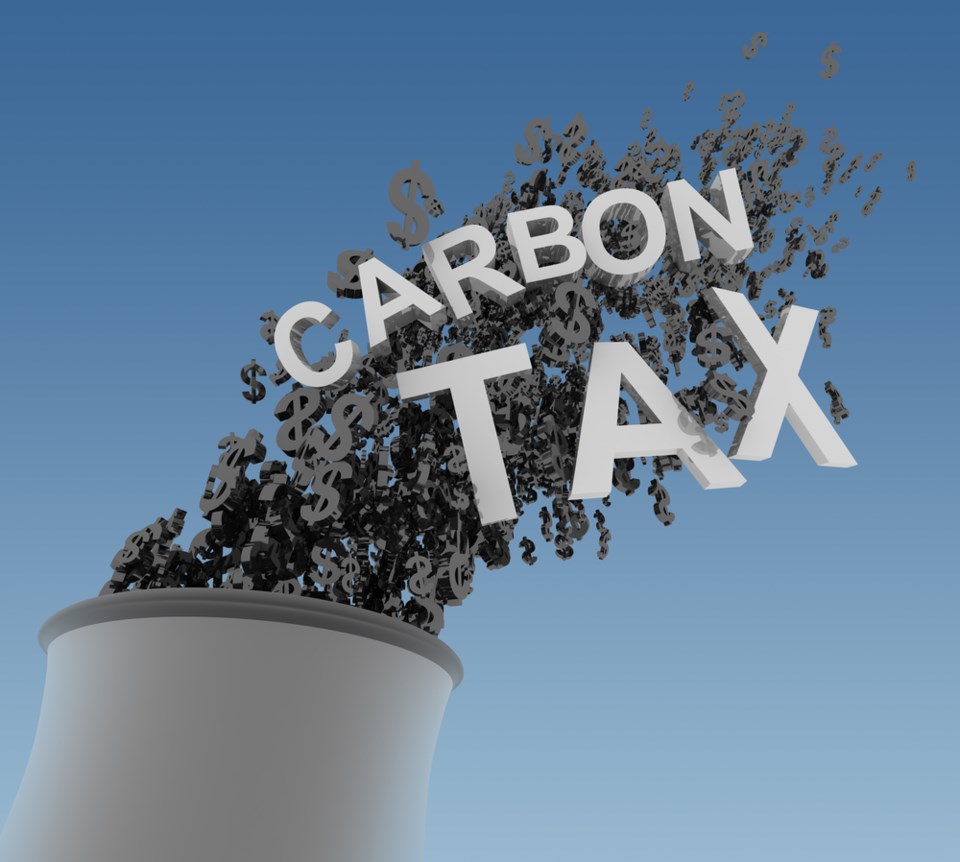Earlier this summer, British Columbia observed the 11th anniversary of Canada’s first carbon tax. Since then, other Canadian provinces, as well as the federal government, have established their own pathways to put a price on carbon emissions.
In spite of criticism uttered by some Canadian premiers in the lead-up to the federal election, the carbon tax was not a prominent feature of debate during the campaign. The Conservative Party of Canada spent more time focusing on issues of ethics and character than on carbon emissions. The Liberal Party of Canada played down the environment aspirations of rival centre-left politicians by touting the merits of its own carbon levy.
In a year that brought added emphasis to climate change around the world, Canada’s two main federal parties gravitated to their usual sound bites when it came to environmental policy: “job-killing” from the Tories and “sensible” from the Grits.
More than a decade later, the question remains. How was British Columbia, under a centre-right party, so successful at implementing the first carbon tax in North America? To fully understand the process, we need to go back to 2007. The environment was the most important issue facing Canada, clearly surpassing health care and the economy. At that time, few could have predicted the collapse of the housing market in the United States.
Former U.S. vice-president Al Gorewas still touring the world with his slide show, warning against the dangers of global warming. Gore’s film, An Inconvenient Truth, had just won two Academy Awards, and the Intergovernmental Panel on Climate Changewas about to receive the Nobel Peace Prize.
Canadians, with an economy that was booming and a minority Conservative government in Ottawa that was finding its stride, turned their concerns towards the planet. In May 2007, B.C. premier Gordon Campbell and California governor Arnold Schwarzenegger signed a “memorandum of understanding on climate change.” With this backdrop, British Columbians appeared ready for a different kind of political action.
Campbell’s official announcement of the carbon tax included two crucial vows: the tax would be revenue neutral and every British Columbian would receive a $100 rebate to make their surroundings more energy efficient.
British Columbians reacted positively to the proposal by Campbell. A promised reduction on income taxes helped residents understand the way in which the carbon tax would work. They also got a cheque in the mail – brilliantly christened the “Climate Action Dividend” – which included some suggestions on how to reduce their carbon footprint.
The opposition BC New Democratic Party(NDP) had a hard time figuring out its next steps. Party leader Carole James ultimately launched an “axe the tax” campaign with a promise to “punish the big polluters” and a threat to eliminate the carbon tax if the party formed the government after the 2009 election.
Environmentalist groups, who had never particularly praised the premier, appeared at ease with the policy and seemed dumbfounded by the NDP’s position. Oddly enough, the BC Liberals forgot the peculiarities of this rollout when they attempted to bring in the harmonized sales tax that ended Campbell’s tenure.
More than 11 years later, British Columbians do not regard the tax as something that needs to be axed. In a recent survey by Research Co., only 21 per cent of residents think the carbon tax has negatively affected the finances of their household. Two-thirds (66 per cent) believe it has had no effect on their financial standing, and 13 per cent are undecided.
Residents of the Fraser Valley and northern B.C. are the most likely to say that the carbon tax has been a hindrance for their household (30 per cent each), while views are more nuanced in Metro Vancouver (20 per cent), northern B.C. (16 per cent) and Vancouver Island (also 16 per cent).
There is a bit of an ethnic divide as well, with 22 per cent of British Columbians of East Asian and South Asian descent stating that the carbon tax has negatively affected the finances of their household, compared with 13 per cent among those of European descent.
The public is divided on whether the carbon tax has changed our behaviour as consumers. While 45 per cent of British Columbians think the introduction of the carbon tax has led people to be more mindful of their carbon consumption, 44 per cent disagree with this assessment.
Most British Columbians aged 18 to 34 (55 per cent) say the carbon tax has delivered on its goal of changing the behaviour of British Columbians. Agreement with this statement drops to 42 per cent among residents aged 35 to 54 and 33 per cent among those aged 55 and over.
More than a decade later, British Columbians are split on whether the existence of a carbon tax has made residents more conscious of the challenges that lie ahead. Still, the public does not look at the carbon tax as a burden.
Mario Canseco is president of Research Co.
Results are based on an online study conducted October 25–28, 2019, among 800 adult British Columbians. The data has been statistically weighted according to Canadian census figures for age, gender and region in British Columbia. The margin of error, which measures sample variability, is plus or minus 3.5 percentage points, 19 times out of 20.



